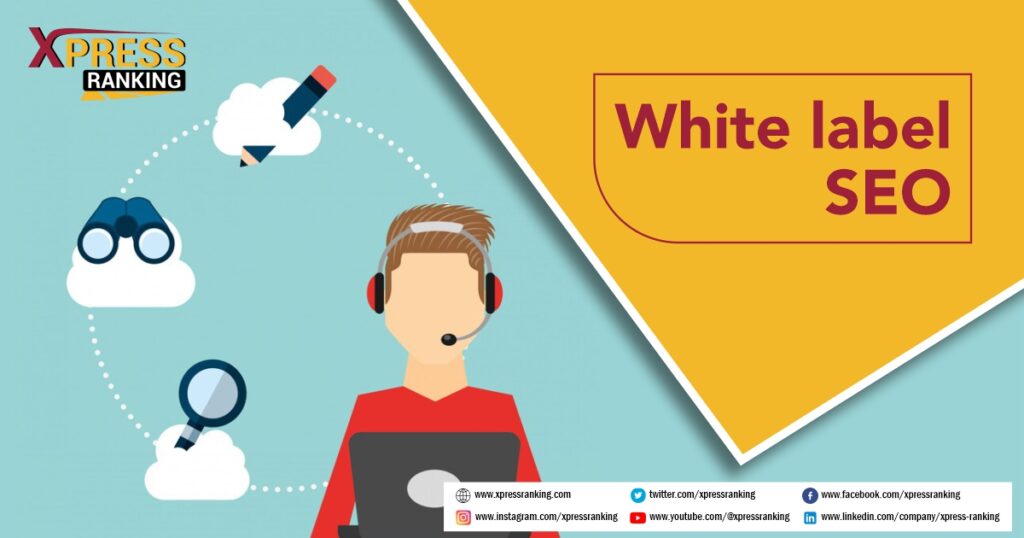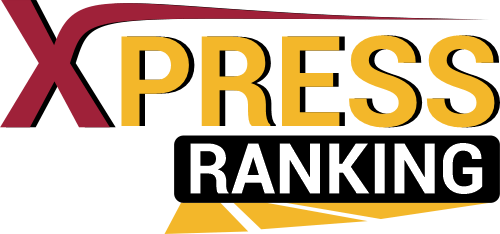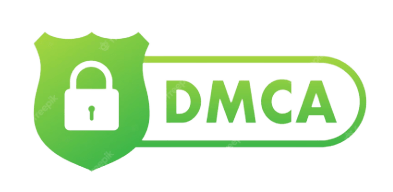In the rapidly evolving digital landscape, businesses need robust strategies to stay ahead of the competition. For small businesses, leveraging digital marketing strategy and SEO strategies can make a significant difference in visibility, traffic, and conversion rates.
This blog explores how integrating digital marketing strategy, content marketing, white label SEO, small business SEO, and Xpress Ranking strategies can help you achieve success.
Crafting a Comprehensive Digital Marketing Strategy
Digital marketing strategy encompasses all the online efforts that help your business reach potential customers. This includes everything from social media marketing to email campaigns, content marketing, and SEO. A well-rounded strategy ensures you are visible at every stage of the customer journey.
Social Media Marketing: Engaging with your audience on platforms like Facebook, Instagram, LinkedIn, and Twitter helps build brand awareness and loyalty. Regular updates, promotions, and interactions keep your brand at the forefront of your audience’s minds.
Email Marketing: Sending targeted emails to your subscribers can drive engagement and conversions. Newsletters, promotional offers, and personalized content keep your audience informed and engaged with your brand.
Content Marketing: Creating and distributing valuable content helps attract and retain a clearly defined audience. This includes blog posts, videos, infographics, and social media content that provides value and builds trust with your audience.

Leveraging SEO Strategy for Optimal Visibility
SEO strategy is crucial for increasing your website’s visibility on search engines. A strong SEO strategy involves the following:
Keyword Research: Identifying the keywords your target audience is using. Tools like Google Keyword Planner, Ahrefs, and SEMrush help discover high-traffic keywords relevant to your business.
On-Page SEO: Optimizing individual pages on your website to rank higher and earn more relevant traffic. This includes using keywords in your titles, meta descriptions, headers, and content.
Technical SEO: Ensuring your website is technically sound, with fast loading times, mobile-friendliness, and secure connections (HTTPS). A well-optimized site provides a better user experience and ranks higher on search engines.
Link Building: Acquiring high-quality backlinks from reputable sites boosts your site’s authority and ranking. Guest blogging, influencer partnerships, and creating shareable content are effective link-building strategies.
The Power of Content Marketing
Content marketing is about creating valuable content to attract and retain a target audience. It’s an integral part of your SEO strategy and helps establish your brand as an authority in your industry.
Blogging: Regularly publishing informative and engaging blog posts can drive traffic and improve your search rankings. Topics should be relevant to your audience and include targeted keywords.
Video Content: Videos are highly engaging and can significantly boost your online presence. Tutorials, product demos, and customer testimonials are popular video content types.
Social Media Content: Sharing your content on social media platforms can increase visibility and engagement. Use a mix of posts, stories, and live sessions to keep your audience engaged.
Utilizing Digital Marketing Services
To implement and manage these strategies effectively, businesses often turn to digital marketing services. These services include:
SEO Services: Professionals can help optimize your website, conduct keyword research, and build backlinks to improve your search rankings.
PPC Advertising: Pay-per-click (PPC) campaigns on Google and social media platforms help you reach potential customers who are actively searching for products or services like yours.
Social Media Management: Managing your social media presence, creating content, and engaging with your audience can be time-consuming. Social media managers can handle this for you, ensuring consistent and effective communication.
White Label SEO: Expanding Your Offerings

White-label SEO involves outsourcing your SEO needs to a third-party provider who delivers the service under your brand. This allows businesses to offer comprehensive SEO services without investing in additional resources. Benefits include:
Scalability: Easily scale your SEO services based on client demand.
Expertise: Leverage the expertise of experienced SEO professionals.
Cost-Effective: Save on the costs of hiring and training in-house staff.
Small Business SEO: Tailored Strategies for Success
Small business SEO focuses on strategies specifically designed for smaller enterprises. Key elements include:
Local SEO: Optimizing your online presence for local search results. This includes claiming your Google My Business listing, getting listed in local directories, and encouraging customer reviews.
Mobile Optimization: Ensuring your website is mobile-friendly, as many users search on mobile devices.
Content Strategy: Creating content that addresses local needs and interests can attract more relevant traffic.
Xpress Ranking: Achieving Quick Wins
Xpress Ranking refers to techniques aimed at achieving quick improvements in search engine rankings. Strategies include:
Targeted Link-Building: Acquiring high-quality backlinks from authoritative sites.
Optimizing for Long-Tail Keywords: These keywords are less competitive and can quickly boost your rankings.
Using Schema Markup: Enhancing your search results with rich snippets that attract more clicks.
Briefly Put!
By integrating a comprehensive digital marketing strategy with SEO, content marketing, white label SEO, small business SEO, and Xpress Ranking techniques, businesses can significantly enhance their online presence and drive growth. For small businesses, these strategies are particularly valuable, providing the tools needed to compete effectively in the digital marketplace.



